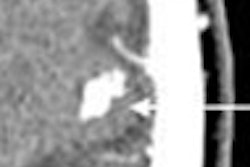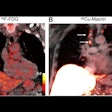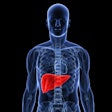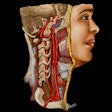In November 2006, the U.S. Centers for Medicare and Medicaid Services announced new payment rates for hospital outpatient services that include sharp reductions in payments for cardiac and oncology PET studies. Medicare reimbursement for multiple-scan heart imaging PET studies fell 71%, to $731.24, compared to $2,484.88 in 2006.
Tumor imaging with PET from skull base to midthigh dropped 26%, from $1,150 in 2006 to $855.43, while tumor imaging with PET/CT from skull base to midthigh is paid at the rate of $950, down 24% compared with $1,250 in 2006. In addition, most of the decrease is in the technical component versus the professional component, which is where most of the revenue that keeps sites viable now comes from.
The change has both short-term ramifications for PET/CT practices, as well as long-term significance for the healthcare system in general, in particular the overall cost to healthcare if PET/CT is no longer readily available to cardiac and cancer patients. The use of the modalities in lung cancer patients, for example, has demonstrated a 13% decrease in overall costs to manage the disease, according to an article in Molecular Imaging and Biology (September 2006, Vol. 8:5, pp. 254-261).
"These changes are a big deal in our practice," said Dr. Harry Agress of Hackensack Medical Center in New Jersey. "And it is going to be that much harder for private PET/CT centers, especially those starting up."
-- Kathy Kincade



















